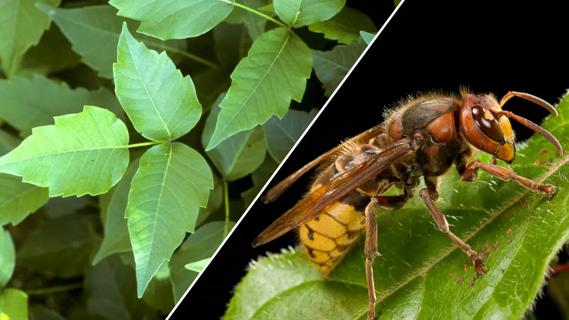
There’s no way to stop a heart attack on your own — call for help immediately

Follow the 4Cs — cooling, cleaning, covering and comforting — to start the healing process

Recognizing subtle symptoms, like unusual fatigue or fleeting episodes of chest pain, could be key to survival

If the area is bleeding a lot or the wound is near your face or genitals, you likely need a specialist’s care
Advertisement
Cleveland Clinic is a non-profit academic medical center. Advertising on our site helps support our mission. We do not endorse non-Cleveland Clinic products or services. Policy

The emergency room is for serious medical issues; urgent care can help when you can’t get a quick appointment with your child’s doctor

First, assess the seriousness of the wound, and then apply light pressure to stop any bleeding

Ice and ice-cold water can damage tissue, restrict blood flow and delay the healing process

Clean hands, sanitized tweezers and a soaking tub are key to removing some shards of glass

Your storm prep checklist should include making an evacuation plan, rounding up supplies and refilling prescriptions

Poisons are inhaled, ingested or absorbed by your skin, while venoms are delivered by bites and stings
Advertisement
Advertisement